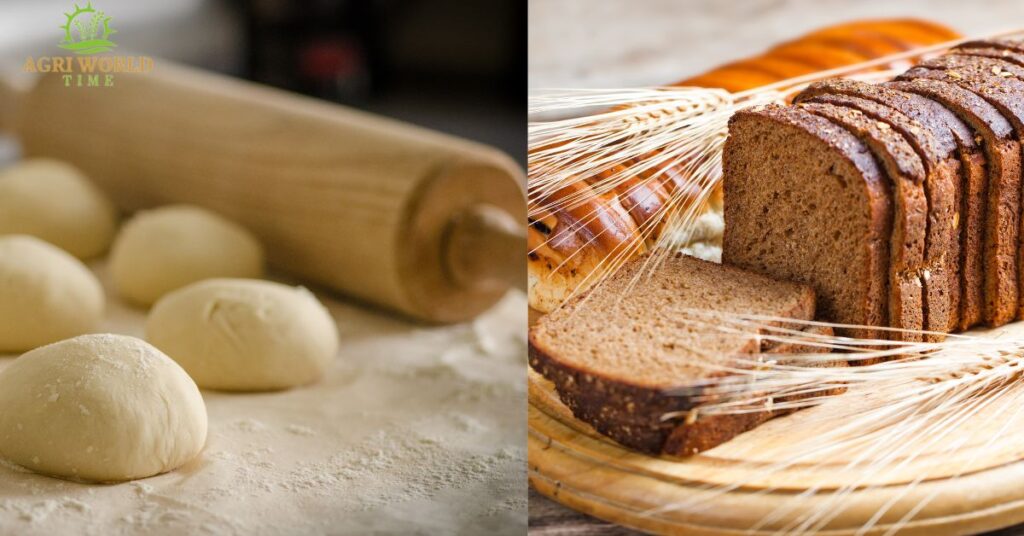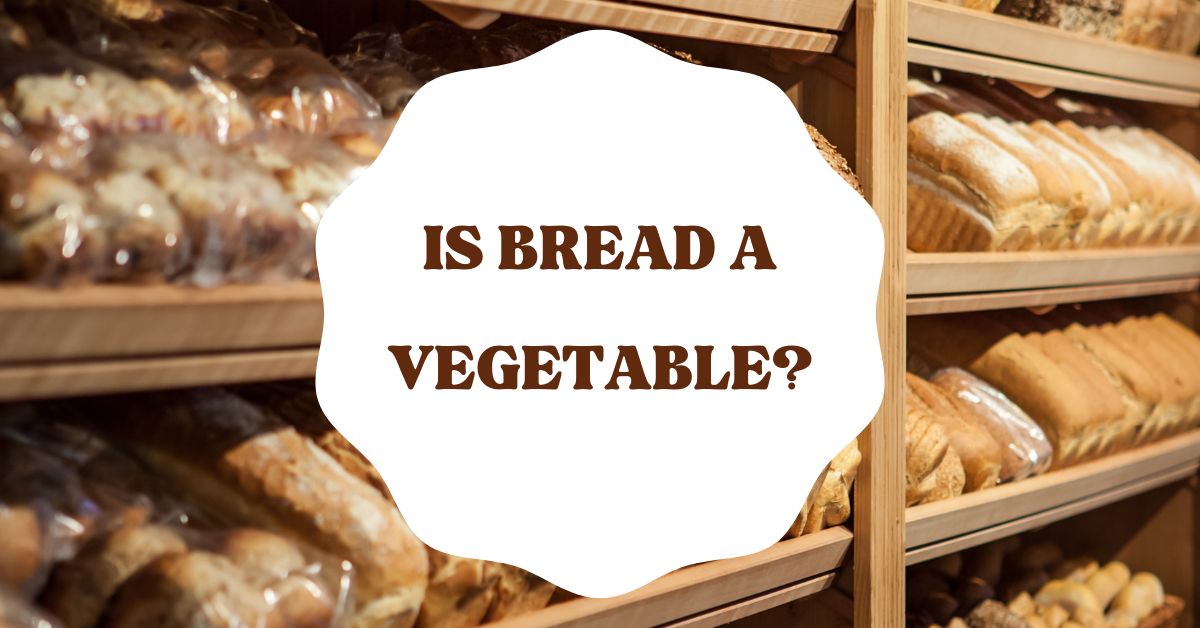The global food industry is a dynamic landscape that encompasses a wide array of products, and one of the most ubiquitous of them all is bread. In 2023, the revenue generated within the Bread market is projected to reach an astonishing US$0.5 trillion. This substantial figure underlines the immense popularity of this dietary staple. What’s even more intriguing is the growth trajectory that lies ahead, with an anticipated annual increase of 6.83% from 2023 to 2028, as calculated by the Compound Annual Growth Rate (CAGR). Let’s delve deeper into the factors driving this impressive expansion and what it means for both consumers and producers in the bread market.
The Origin of the Bread-Vegetable Myth
The confusion about bread being a vegetable likely stems from a need for more understanding of basic food groups and their classifications. In elementary education, children are taught about food groups such as fruits, vegetables, grains, protein, and dairy. Bread, being a product made from grains, often gets associated with vegetables. However, this classification needs to be revised.

Bread is a Grain, Not a Vegetable
To set the record straight, bread is not a vegetable; it’s a grain product. Grains are a vital food group that includes wheat, rice, oats, and barley, among others. Bread is typically made from wheat flour, which is milled from wheat grains. These grains are processed to create the dough that is then baked into bread. Vegetables, on the other hand, come from plants and include foods like carrots, broccoli, and spinach.
Nutritional Differences Between Bread and Vegetables
Now that we’ve established that bread is a grain let’s look at the nutritional differences between the two:
Fiber Content:
Vegetables are generally rich in dietary fiber, which is essential for digestive health. Bread, particularly white bread, often lacks the same fiber content found in whole grains and vegetables.
Vitamins and Minerals:
Vegetables are a great source of essential vitamins and minerals, including vitamins A, C, and K, as well as potassium, magnesium, and iron. While bread does contain some nutrients, it cannot compare to the nutrient density of vegetables.
Calories:
Bread can be calorie-dense, especially if it’s made with refined flour and added sugars. Many vegetables are low in calories, making them a healthier choice for those looking to manage their weight.
Antioxidants:
Vegetables are known for their antioxidant content, which helps protect cells from damage. Bread does not contain the same level of antioxidants.
The Importance of a Balanced Diet
While bread may not be a vegetable, it can still be part of a healthy and balanced diet. Grains like bread provide carbohydrates, which are a primary source of energy for our bodies. Opt for whole-grain bread over white bread, as it is higher in fiber and nutrients.
However, it’s crucial to remember that a balanced diet should include a variety of food groups, including fruits, vegetables, lean proteins, and dairy or dairy alternatives. By incorporating a wide range of foods into your diet, you can ensure you’re getting all the essential nutrients your body needs for optimal health.
Conclusion
In conclusion, bread is not a vegetable; it is a grain product. While it plays a significant role in many diets worldwide, it should be consumed in moderation and as part of a balanced diet that includes a variety of food groups, particularly vegetables. Understanding the distinctions between food groups is essential for making informed dietary choices and maintaining a healthy lifestyle. So, the next time someone asks if bread is a vegetable, you can confidently explain the difference.
FAQs:
Is bread a vegetable?
No, bread is not a vegetable. It is primarily made from wheat flour, which is a cereal grain and lacks the nutritional profile of vegetables.
Why do people confuse bread with vegetables?
The confusion often arises from the misconception that any food item made from plants can be considered a vegetable. However, vegetables are typically defined as the edible parts of plants, while bread is a product made from processed grains.
Are there any bread types that contain vegetables?
Yes, some bread recipes include vegetable ingredients like carrots, zucchini, or spinach for added flavor and moisture. However, the presence of these vegetables in the bread does not make the entire loaf a vegetable.
Can I substitute bread for vegetables in my diet?
No, it would help if you did not substitute bread for vegetables in your diet. While bread provides carbohydrates and some protein, it lacks the vitamins, minerals, and dietary fiber found in vegetables. A balanced diet should include both to ensure optimal nutrition.
What are the nutritional benefits of vegetables?
Vegetables are rich in essential nutrients such as vitamins (e.g., vitamin C, vitamin A), minerals (e.g., potassium, magnesium), and dietary fiber. They play a crucial role in maintaining good health and can help prevent various diseases.
How can I incorporate more vegetables into my diet?
You can incorporate more vegetables into your diet by adding them to salads, stir-fries, soups, and side dishes. Experiment with different cooking methods and seasoning to make vegetables more appealing.
What are some healthy alternatives to bread?
Healthy alternatives to traditional white bread include whole wheat bread, whole grain bread, and bread made from seeds and nuts. These options are generally higher in fiber and nutrients.
Is there any nutritional value in bread at all?
Yes, bread does provide carbohydrates, which are an essential source of energy. It also contains some protein, but its nutritional value is less rich than that of vegetables.
Are there any health concerns associated with consuming too much bread?
Consuming excessive amounts of bread, especially refined white bread, can contribute to weight gain and may not provide the same health benefits as a diet rich in vegetables. It’s important to consume bread in moderation and focus on a balanced diet.

